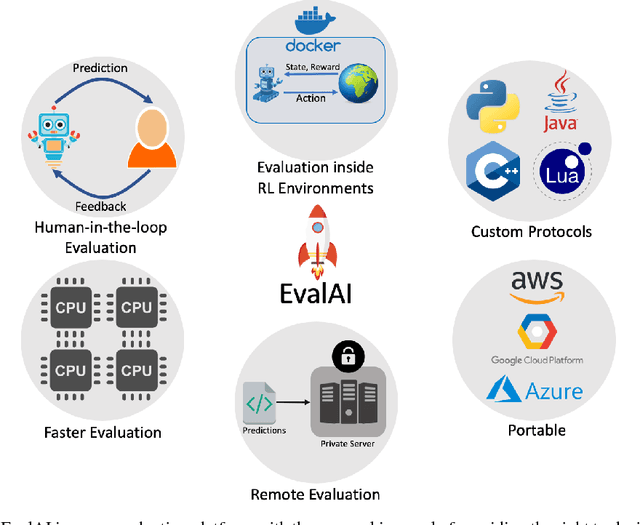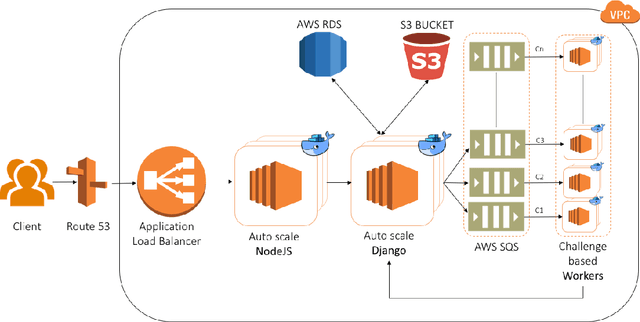Taranjeet Singh
Mem0: Building Production-Ready AI Agents with Scalable Long-Term Memory
Apr 28, 2025



Abstract:Large Language Models (LLMs) have demonstrated remarkable prowess in generating contextually coherent responses, yet their fixed context windows pose fundamental challenges for maintaining consistency over prolonged multi-session dialogues. We introduce Mem0, a scalable memory-centric architecture that addresses this issue by dynamically extracting, consolidating, and retrieving salient information from ongoing conversations. Building on this foundation, we further propose an enhanced variant that leverages graph-based memory representations to capture complex relational structures among conversational elements. Through comprehensive evaluations on LOCOMO benchmark, we systematically compare our approaches against six baseline categories: (i) established memory-augmented systems, (ii) retrieval-augmented generation (RAG) with varying chunk sizes and k-values, (iii) a full-context approach that processes the entire conversation history, (iv) an open-source memory solution, (v) a proprietary model system, and (vi) a dedicated memory management platform. Empirical results show that our methods consistently outperform all existing memory systems across four question categories: single-hop, temporal, multi-hop, and open-domain. Notably, Mem0 achieves 26% relative improvements in the LLM-as-a-Judge metric over OpenAI, while Mem0 with graph memory achieves around 2% higher overall score than the base configuration. Beyond accuracy gains, we also markedly reduce computational overhead compared to full-context method. In particular, Mem0 attains a 91% lower p95 latency and saves more than 90% token cost, offering a compelling balance between advanced reasoning capabilities and practical deployment constraints. Our findings highlight critical role of structured, persistent memory mechanisms for long-term conversational coherence, paving the way for more reliable and efficient LLM-driven AI agents.
EvalAI: Towards Better Evaluation Systems for AI Agents
Feb 10, 2019



Abstract:We introduce EvalAI, an open source platform for evaluating and comparing machine learning (ML) and artificial intelligence algorithms (AI) at scale. EvalAI is built to provide a scalable solution to the research community to fulfill the critical need of evaluating machine learning models and agents acting in an environment against annotations or with a human-in-the-loop. This will help researchers, students, and data scientists to create, collaborate, and participate in AI challenges organized around the globe. By simplifying and standardizing the process of benchmarking these models, EvalAI seeks to lower the barrier to entry for participating in the global scientific effort to push the frontiers of machine learning and artificial intelligence, thereby increasing the rate of measurable progress in this domain.
 Add to Chrome
Add to Chrome Add to Firefox
Add to Firefox Add to Edge
Add to Edge